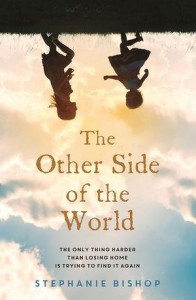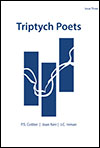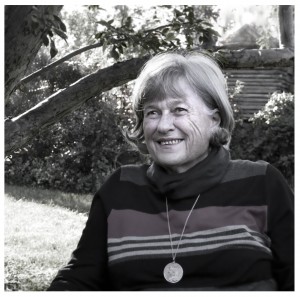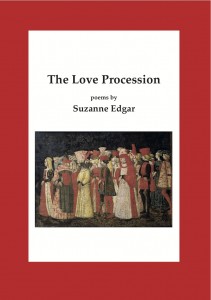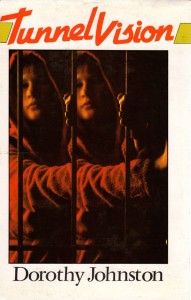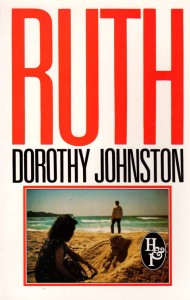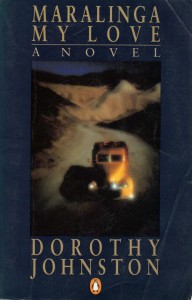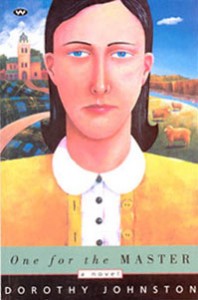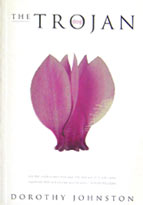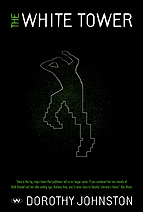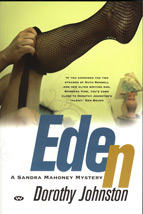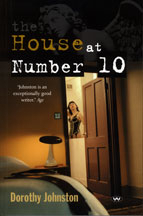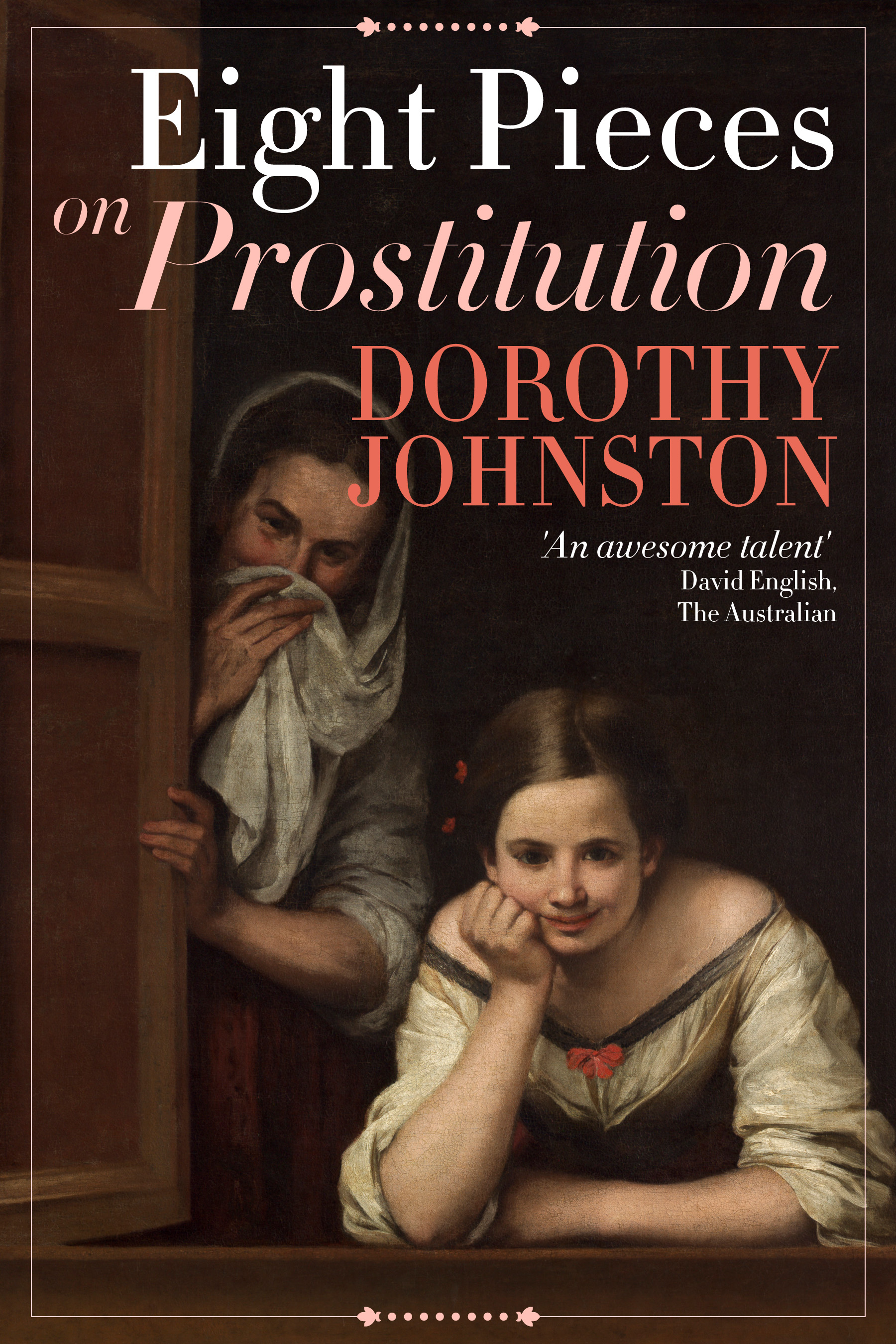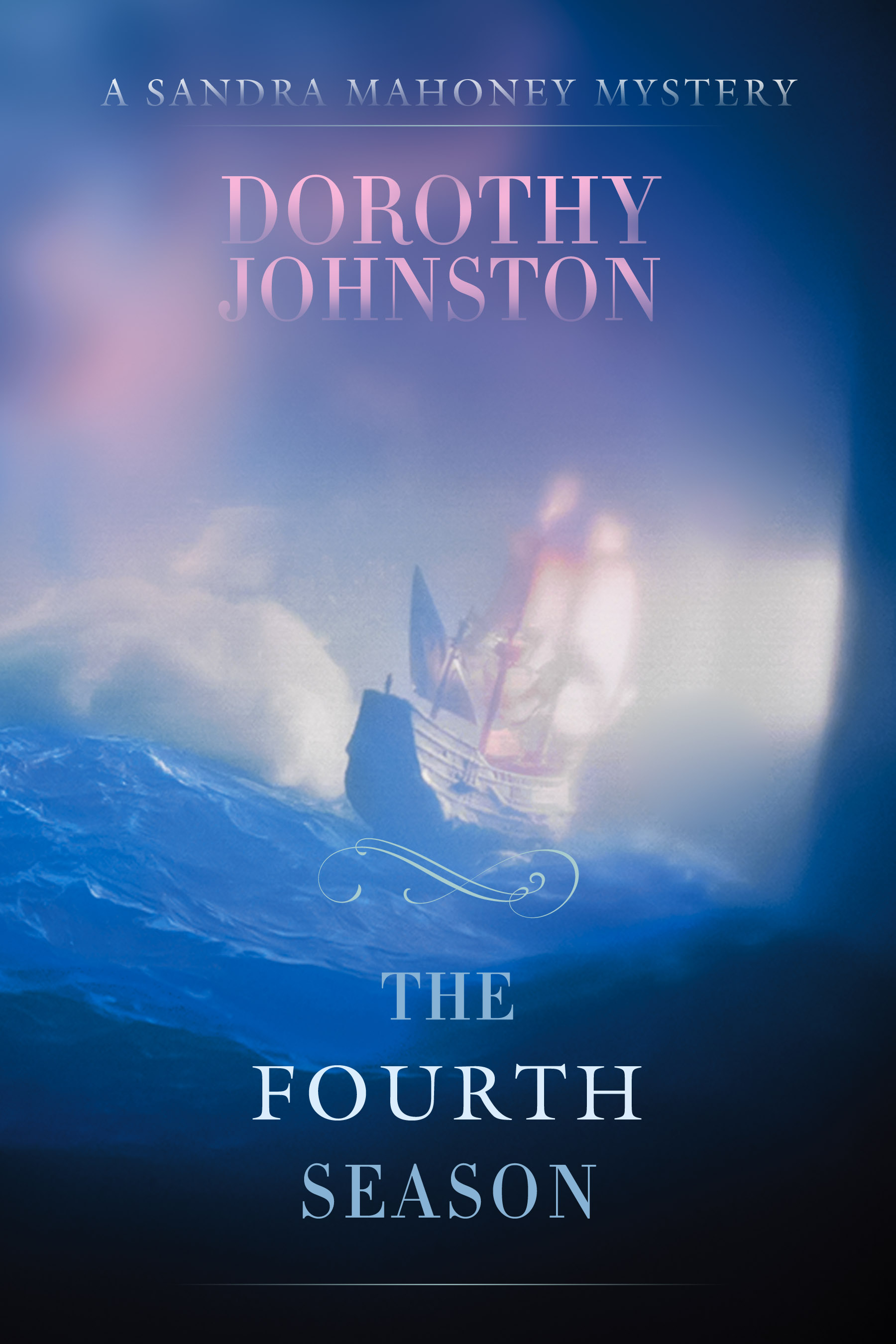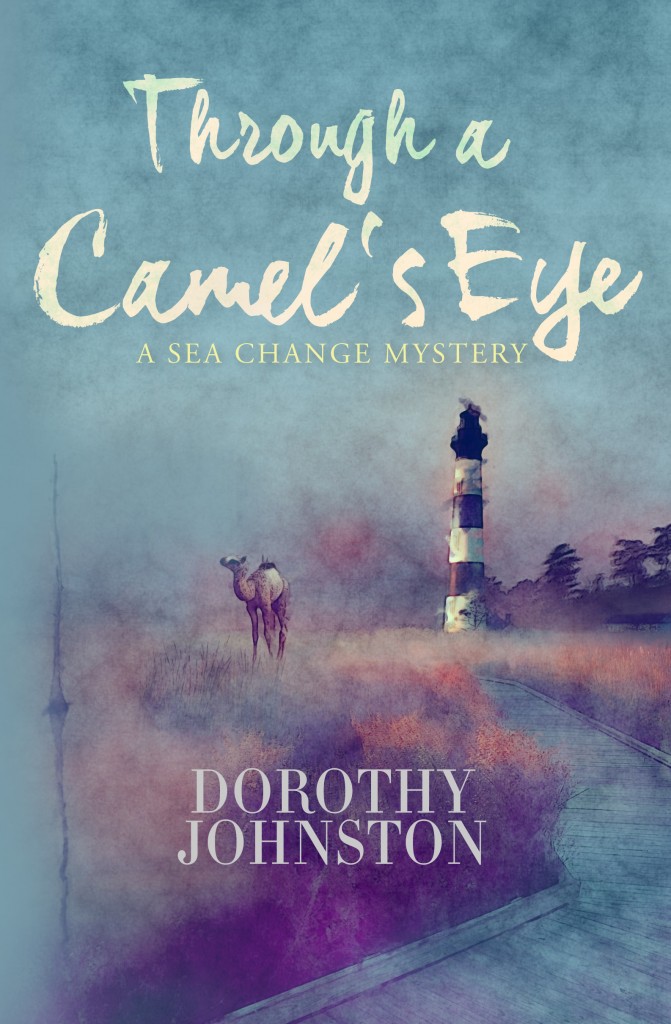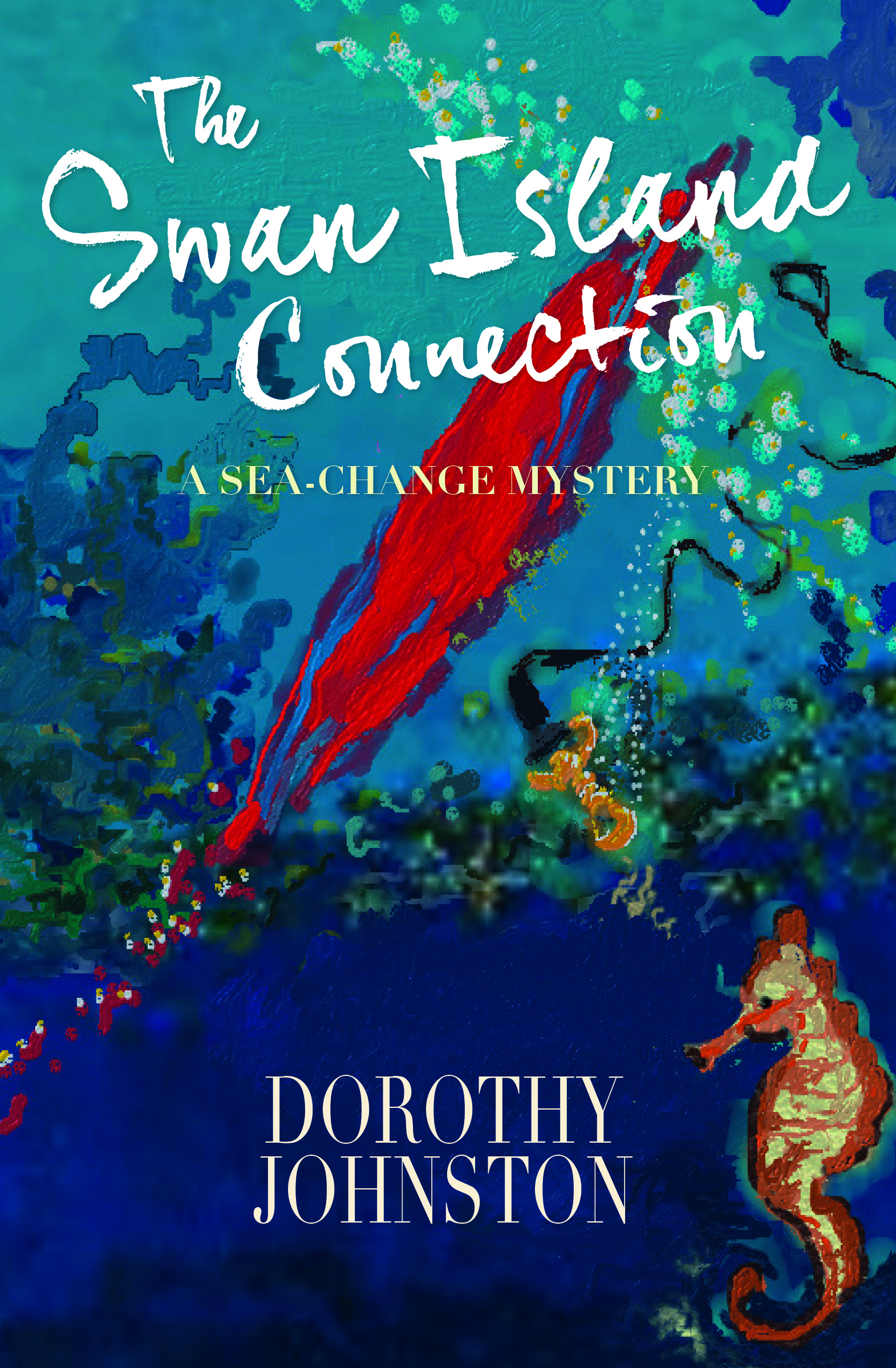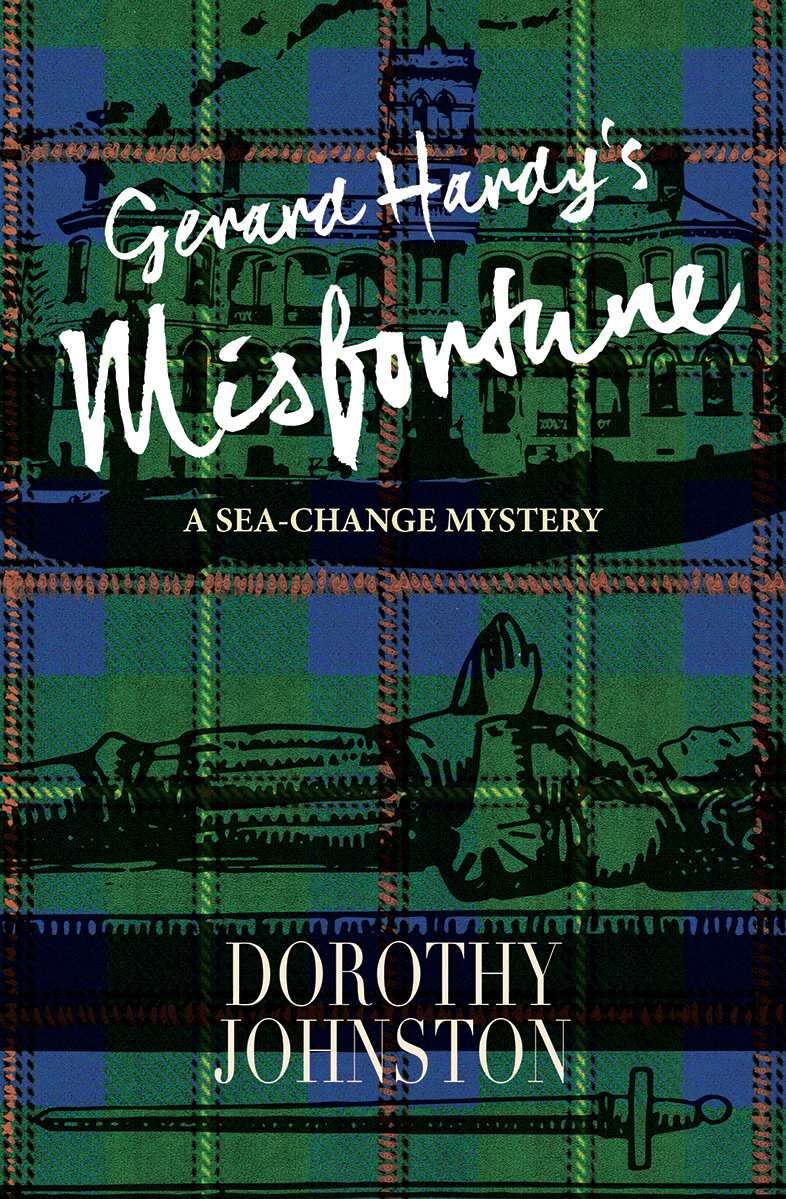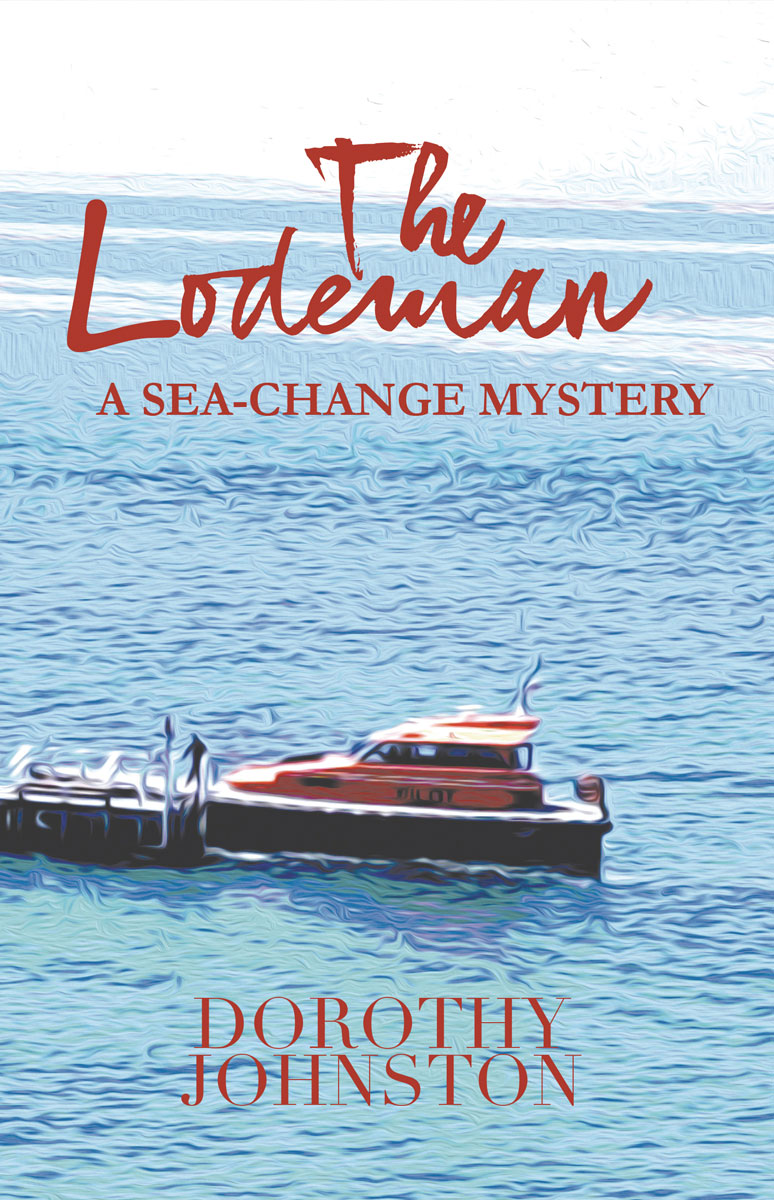My review of Stephanie Bishop’s second novel, The Other Side of the World was published in the Fairfax newspapers this weekend. Bishop was named one of the Sydney Morning Herald’s Best Young Australian Novelists for her first novel The Singing.
This second one – and the other side of the world is Australia, viewed from the northern hemisphere, mainly England – tells the story of a young couple who emigrate to Fremantle in the 1960s.
I won’t repeat the points I make in my review, except to say that The Other Side of the World is an accomplished, moving novel. Instead I’m adding a few thoughts about historical fiction and contemporary writing styles, which I didn’t have the space to mention in my 700 word review.
It’s commonplace to say that historical fiction has enjoyed a renaissance in the last couple of decades, and that this includes works set in the distant, as well as the more recent past – a category that includes Stephanie Bishop.
Bishop’s intimacy with her characters, and the thin membrane which separates their inner lives from the physical worlds around them, works admirably for the story that she has to tell. She says in her acknowledgements that the novel was inspired by the migration of her grandparents. Bishop can draw on universal themes of exile and displacement without having to confront the thorny problems an author faces when dealing with historical events that are widely known, and people who are part of general, that is more than family, history.
Bishop’s up-close-and-personal way of writing has become very familiar to me in recent years as a reviewer and a reader – so much so that deviations from it are unusual. An interesting example is Emily Bitto’s The Strays, which won the 2015 Stella prize. Many reviews have been written of The Strays, most of them highly favourable, and the novel, in my opinion, has much to recommend it. But it popped up in a facebook discussion recently where questions were raised about book’s glittering, imagistic surface compared with the depth and solidity of historical events that took place during the time that the novel covers, events such as the Great Depression, which are not so much engaged with as part of the author’s project, as occasionally referred to.
I’m not putting any of this forward as a way of criticising Bishop, but I do believe there are issues peculiar to historical fiction, matters which ought not to be overlooked, though they often are. These include how to create the resonance of time passing – often a long time – between the characters and events of the novel and the author’s and reader’s present; and how to bring the past to life without pretending, or encouraging the reader to pretend, because she or he feels so ‘close’ to the characters, that it is, necessarily, anything like the world we live in today.
This is the third in my series of posts about Australian poets. The first two are Suzanne Edgar and Joan Kerr.
Geoff Page is one of Australia’s best known and widely-published poets. He is based in Canberra and has published twenty-one collections of poetry as well as two novels and five verse novels, and has won many awards. Rather than include a lot of biographical information in this post, I suggest readers follow the link to Irma Gold’s excellent interview.
The Deputy
for J.F.
Driving daily into work,
he feels them equally as pressures,
atmospheric almost,
one more urgent than the other
but pressure all the same.
Both could justify a life,
one with what the young retain
and carry with them through the years,
the other more diffuse
and closer to the core,
resonances rising
from something deeper down,
more opaque than God perhaps,
rhythms, lines and images,
a gift that needs real readiness
before it can arrive.
Of course, one may excel at both.
No doubt a man may serve two masters.
Last year he taught them Doctor Faustus,
the senior class he still keeps on.
He thinks about the famous bargain,
the heavy freedoms of its power,
the good opinion held so widely,
the parent-teacher nights and, yes,
the jokes he makes at school assemblies
to show he’s serious.
At home though there’s a desk
With untouched paper and a screen,
an ideas file, a journal,
a mix of discipline and licence
to bring in pocket money only,
scuffling below the dole.
A friend of his has chosen this,
insecure and frugal
and prone to bitterness.
A third has signed a smaller deal,
holding off from higher slots
if ever they were offered.
Who is his Mephistopheles?
It’s not the principal.
He thinks perhaps they are collective,
these senior teachers who respect him,
who cannot let him go,
who see that he can make things happen
and keep a keel on course.
To them, this other life he has
is hardly more than self-indulgence,
a foible or some pleasant extra,
a flourish or addendum
to make a CV more compelling.
His watch says 8 am.
He turns into the car park now,
an hour before the world begins
its unforeseen complexities,
its smoke and mirrors of the human,
the needs that only he can meet.
The car is small and European,
very fast from nought to ninety.
He walks towards the building…
and sees, back home, that writing desk
patient in its shaft of light,
the blank page and a keyboard waiting,
the pressure of the poem.
‘The Deputy’ appeared in Meanjin 2, 2014. Thank you, Geoff, for allowing me to reproduce it here, and to Meanjin for publishing it.
I read the poem with an instant, deep feeling of recognition. In sixty-three lines, it says an enormous amount about the life of art, the choices and hard bargains, and the ways these are carried within a person life-long.
The voice is quietly authoritative, unsentimental, uncomplaining. The deputy headmaster, who is also an artist, must weigh up and doubt and compare, and go on doing so. This is his destiny. But it’s not an intellectual exercise – the pressures are heart-felt.
And the last line is superb, shining undimmed by the teacher’s daily, ‘other’ life, yet given meaning by it and by the poem as a whole.
I was reminded of the last stanza of Yeats’s ‘Meditations in Time of Civil War’, and ‘the half-read wisdom of daemonic images’ with which Yeats comforts himself, while understanding that Page’s poet/public man is a very different character.
A wonderful poem! I hope many readers get the chance to discover and enjoy it.
This is the second of my promised blog posts featuring Australian poets – this time it’s Joan Kerr, who writes delectable prose as well as poetry – more of that below.
Joan’s poetry has been widely published in Australia, including two appearances in Best Australian Poems (Black Inc, 2004, 2006). Joan has been published in the US and the UK and has been featured on Radio National’s PoeticA. She has won numerous poetry prizes including the John Shaw Neilson Poetry Prize, the Henry Kendall Poetry Prize, the Woorilla Prize, the W.B. Yeats prize and the Dorothy Porter Poetry Award, and minor prizes in the Gwen Harwood, Max Harris, Val Vallis, Tom Collins, Rosemary Dobson and Melbourne Poets awards.Her collection Human Voices was shortlisted for a Varuna Publisher’s Award in 2012. A selection is included in Triptych Poets Issue 3 (Blemish Press 2012). She also has a poem in the recently published Australian Love Poems (Inkerman& Blunt)
that time of year thou mayst in me behold 
cloud light arches giving onto fields
and sometimes water, lying by the land
what are my walls what is sky water or earth
clouds the air’s shadow over the walls
like a gliding loss
the sound of my steps in vanishing corridors
under fog the water is so still
each boat stands on its own stiff shadow
and autumn burns the trees again
From: This vision thing (Melbourne Poets’ Union 2003)
Doctor
When the phone rings in the night to tell him someone’s died
not unexpectedly, and without giving trouble,
he thinks as he lies down of the hurt red setter
he had to shoot, what, forty years ago? His heart flinches again.
His house flowering quietly around him
in this contented suburb, he lies awake until
the trees step out of the shadows. Fifty.
He wonders what he did for the rest of that day
and why he’s never seen, these forty years,
those trees with the ripped and shaggy bark
and under it, the silky heifer skin. That sky
so clean and glittering
it makes you want to weep.
‘Doctor’ was broadcast on RN PoeticA 12/3/2000
The autobiography of Alice B. Toklas
You knew genius when you saw it, you said.
Perhaps your cultivated
insignificance created shadow
in which it shone more brightly. Gertrude Stein
was your own household genius, not so much loved
as taken on, as an oriental monk
takes on the burden of the gods, whose service
depends on order. Bells are rung
to rule, and certain kinds of sweeping must be done.
For monks, it goes without saying
the gods are not indifferent to menu,
or to trademarks, or to fashion
and all their foibles are a kind of glorious cheek.
Because they can, they do
and this works well, as long as the god is stone.
But you are bolder and more knowing than monks
and you want more. Because you know
that genius is not stone, because you understand
how genius needs accomplices.
How like a blubbering child your genius is
standing at the head of the stairs
uncombed, half-dressed and pleading for your kindness.
You whisk by towards the kitchen.
Some third person is picking up its pen.
From: Best Australian Poems 2006 (Black Inc)
Here are some thoughts about poetry that Joan would like to share:
A poem is “an experience, a story, a piece of music, a set of images…” (Steve Kowit, In the palm of your hand, p. 125)
“Poetry expresses the passage from not-knowing to knowing through which we represent the world, including the perspectives of others, to ourselves and those around us.” (Kowit, p.14)
“The substance of a poem is not merely an expression of individual impulses and experiences. Those become a matter of art only when they come to participate in something universal…” (Theodor Adorno, quoted in Susan Stewart, Poetry and the Fate of the Senses, p. 43)
Mary Kinzie (A Poet’s Guide to Poetry) advises both reader and writer of a poem to think about:
“Words: you are not just reading messages or extracting meanings or drafting editorials to put into lines: you are thinking in words. You are thinking so hard in the atmosphere created by words that they enter you like your breathing. This means, first, looking at words by themselves, with all their weight and subtlety; it helps to think about their length, complexity, and language of origin too.
Sentence versus line: along with the form and sound of words by themselves, you are concerned with their connection into sentences, in whole or in part; some of these parts fall neatly into lines, others work against the lines.” (Kinzie, p. 6)
With her sister Gabrielle Daly, Joan writes comic novels under the pen name Gert Loveday. Writing Is Easy, by Gert Loveday, has recently been released as an ebook and you can find it on Authors Unlimited. It’s a great read!
Gert writes with authority on peculiar diets, exercise regimes, body makeovers, extreme fashion, gurus, pigeons, religion, poetry, politics, the health bureaucracy, gourmet cooking, reality TV and literature from the Norse Sagas to Jeffrey Archer, with a sharp eye for character foibles and the pricking of pomposity. Writing is Easy was shortlisted for a Varuna Publisher Fellowship in 2011.
Last May, ABC radio national’s program, Poetica, focussed on the villanelle.
The villanelle is a very old poetic form, medieval in fact, but it has become popular with contemporary poets in Australia.
In this blog post – the first of several I plan to write about poetry, which I love reading, but don’t write myself – I am focussing on the Australian poet Suzanne Edgar, who has this to say about the villanelle.
“The villanelle is an old Italian lyric form that was originally sung; it needs a consistent metrical musicality. There are rules about its rhyme scheme, the refrain lines and their position in the poem. The refrain needs to be strong enough to carry the emotional load of its repetition. My villanelle ‘After Drought’ was written in a joyful mood, during a downpour of summer rain. It was included in Mike Ladd’s `Poetica’ program.”
AFTER DROUGHT
How sweet it is, the sound of falling rain
after years of unrelenting dry,
I thought I’d never hear the sound again.
The falling plays a favourite refrain
as soft as stroking, quiet as a sigh.
How sweet it is, the sound of falling rain
that soaks the bark and leaves a greenish stain
as if it had been coloured with a dye.
I thought I’d never hear the sound again.
Deep ruts are overflowing in our lane
and clouds are spreading froth across the sky.
How sweet it is, the sound of falling rain ‑
new droplets form on wall and window-pane
making shapes that glitter, blend and die.
I thought I’d never hear the sound again
of steady raindrops humming in my brain
their plaintive rhyme; for no one will deny
how sweet it is, the sound of falling rain.
I thought I’d never hear the sound again.
‘After Drought’ was first published in Quadrant (June 2008). It inspired a piece of textile art, exhibited by Lynne Taylor at Fairfield City Museum & Stein Gallery, N.S.W., in May 2009. Ian MacDougall composed music for it which he’s sung (with viola, violin and guitar backing) and recorded on a CD. This is in the School of Music library, A.N.U. The CD was played on `Macca All Over` (ABC RN) on 3 March 2013.
The more sombre `Resolution’, in Edgar’s collection The Love Procession (Ginninderra Press, 2012), involves a domestic argument that goes around and around in circles. “It should not be read as strictly autobiographical though,” says Edgar. “Matthew Arnold’s words are always on my mind: `The despotism of fact is unpalatable to the Irish.’ ”
RESOLUTION
We’d argued through a long and foolish fight.
Though there was nothing useful left to say
it simmered in the evening’s muted light.
He’s always bloody sure he must be right,
the sort of man who’s bound to get his way –
we’d argued through a long and foolish fight.
I shoved our tell-tale budget out of sight
to read again some later, peaceful, day.
It simmered in the evening’s muted light.
He swore he had suspected I was tight,
repeated it was high time I should pay.
We’d argued through a long and foolish fight.
I took the bills and set each one alight
till they, and I, became an ashy grey
that simmered in the evening’s muted light.
Because I couldn’t face a sleepless night
I sold some shares and paid up straightaway.
We’d argued through a long and foolish fight
that ended in the evening’s muted light.
Edgar comments that “Stephen Fry’s The Ode Less Travelled (Arrow Books 2007) provides witty advice about the villanelle as a vehicle for ‘rueful, ironic reiteration of pain or fatalism’. I recently finished the rather mournful ‘Lament’; it has the refrain,
‘Thinking, tonight, of all the books we’ve read,
I know we’ll miss ourselves when we are dead’.
Wendy Cope, however, has written some amusing examples, see ‘A Villanelle for Hugo Williams’, in her Family Values (Faber 2011). This poem displays the form’s rules in the guise of advice to another writer who’d got them wrong!
Other old French forms I’ve used are the rondel, ‘River and Rock’, and the triolet, ‘Malunggang’, both in The Love Procession. Once the formal pattern for such poems is in place I will overlay it with naturalistic or colloquial diction and tone, to avoid any effect of rigidity. This approach was also used in the petrarchan sonnet ‘Corteo d’amore’ which begins that book.
Poetry arises from watchfulness and alert waiting. There remains the exciting, rejuvenating work of refining. I would hate to be labelled a formalist, a modernist, or any other `ist’. It would be restrictive, whereas I feel free to write in any way I like. I agree with Camus: ‘Poetry that is clear has readers. Poetry that’s obscure has commentators’. I mistrust the current vogue, particularly among academics and their imitators, for writing poems in which meaning is cerebral, convoluted and difficult. They write only for the page, have turned poetry into words.”
